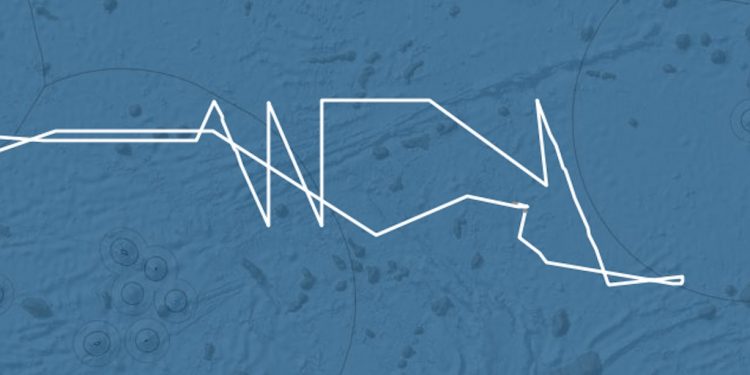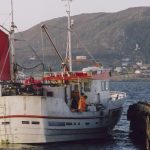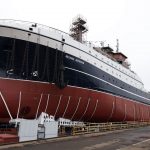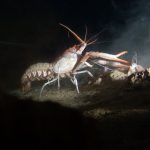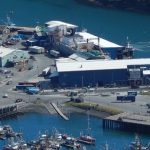Reefer vessel Sunflower 7, with 4000 tonnes of frozen tuna on board, has been turned away by the authorities when docking in Thailand to discharge its catch. Sunflower 7 has been identified as having deployed FADs for fishing vessels, initially in Kiribati waters, and therefore participating in fishing – for which a carrier vessel is not licensed.
Analysts checking the tracks of carrier vessels noticed patterns that looked unusual, and compared these to other carrier vessels tracks, before checking with skippers and getting the feedback that this looked like FAD setting behaviour. This was followed with a new algorithm being developed as part of the tracking system that flags up this type of behaviour.
While a carrier vessel can deliver FADs along with other supplies to fishing vessels, setting these FADs is considered to be a part of fishing operations, and contravenes the WCPFC convention.
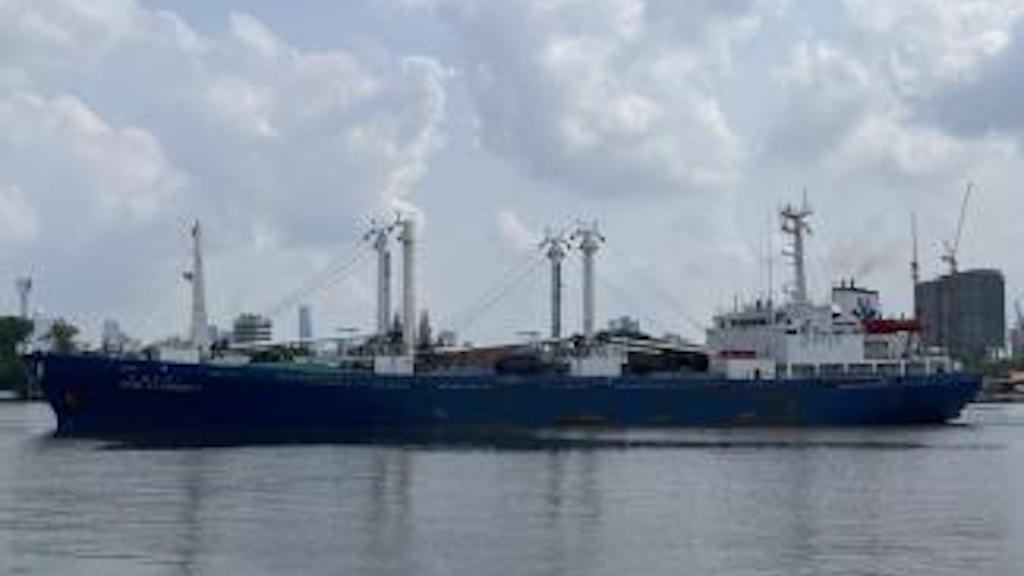
The information was passed to government agencies, and the Thai authorities responded. The Korean Sunflower 7’s master made unconvincing attempts to claim that they had been retrieving floating debris, including FADs – which could have plausibly been within the rules – although this wasn’t judged to fit with the vessel’s pattern of movement.
A condition of this would be that Sunflower 7 should have retained the retrieved FADs on board until docking, but investigators found that none of these FADs claimed to have been retrieved were still on board.
As a result, the Thai authorities took the position that Sunflower 7 had been engaged in illegal fishing activity, and denied permission for its cargo to be discharged.
‘We all have the responsibility to show the world that Thailand does not support illegal, unreported, and unregulated fishing,’ said Deputy National Police Chief General Surachet Hakparn of the Royal Thai Police.
After having been docked since late January, Sunflower 7 sailed from Bangkok and was reported to be heading north, with the 4000 tonnes of frozen tuna still on board.

